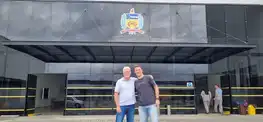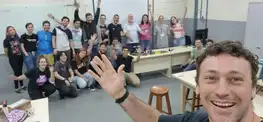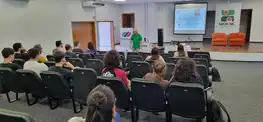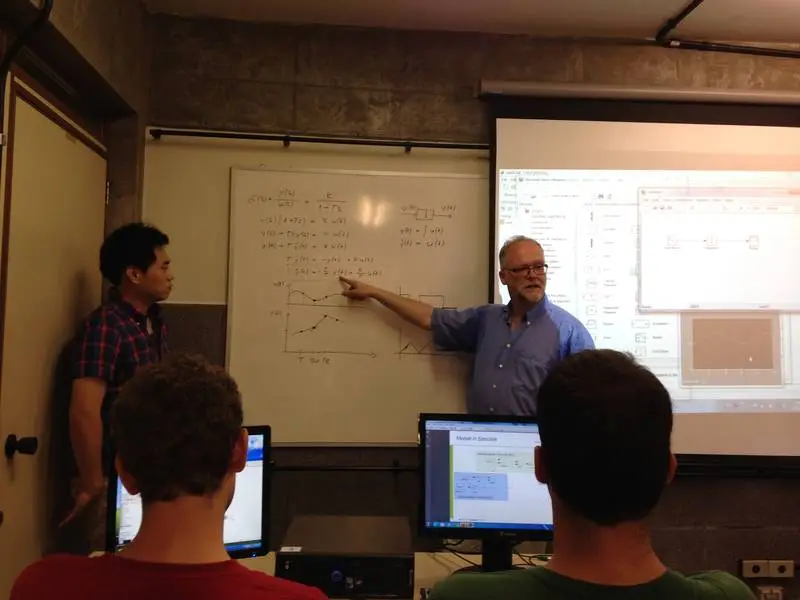Professor Harald Göllinger,
Professor of Vehicle Physics and Mechatronics at the THI, offered a three-week course at the Universidade Federal de Paraná:
"I had no expectations before and simply arrived there with an open mind. At the beginning it was difficult to find out what the students find interesting in their subject, their expectations and what knowledge they need, how I can help them, as the Brazilians are very polite. The German and Brazilian way of approaching topics is very different. An example: On one day I was late for class and overspent half an hour - nobody protested! It seems to me that the students enjoyed the seminar. Curitiba is very different from Germany. The people have a different attitude to life.
In the beginning I had to get used to dealing with questions of safety in everyday life, where to eat when and how to behave in the bus, etc. From the second week on it became more relaxed. Curitiba itself is very industrial. I hope I can return to Curitiba again, because this time I was very focused on my work and would have liked to learn more about the UFPR and the city itself. I would also bring more visual material for the students next time, as they are very interested. And I would like to add that the lecturers at the UFPR are very open and also interested. They are curious about where the differences and similarities lie in the field of research or how projects with industry are implemented. It was not unusual for a small talk over a coffee to lead to an intensive technical discussion. I was also impressed by the research work on site. Although high-tech is missing, the "human resources" ensure very good quality.
I find a project like AWARE very important. You learn how differently you can approach a topic and work on a project and achieve equally good results. I think that it is interesting and profitable for both sides - Germans and Brazilians, scientists and students - to exchange ideas. The cultural aspect should not be underestimated either. Now I can understand a little bit how students who come to Ingolstadt feel, how they perceive differences and new habits and try to adapt".





